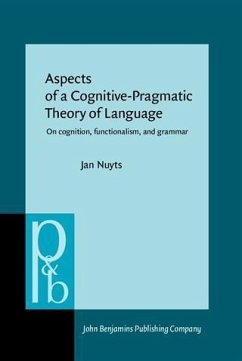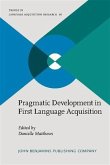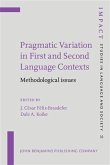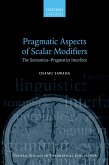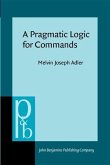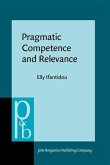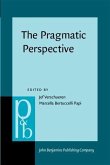This book is about a theory of language that combines two observations (1) that language is based on an extensive cognitive infrastructure (cognitivism) and (2) that it is functional for its user (functionalism). These observations are regarded as two dimensions of one phenomenon that both need to be accounted for, simultaneously and coherently, in accounting for language. Chapter 1 presents the cognitivist and functionalist points of view and their interrelation and discusses the integration of language research under a cognitive umbrella; the issue of defining 'functions of language', and the formalism-functionalism debate. Chapter 2 criticizes the Chomskyan formalist conception of language and cognition from the perspective of cognitive-pragmatic theory. The focus is on different aspects of the competence-performance dichotomy, and in particular on the nature of linguistic knowledge. The ontogenesis and phylogenesis of language are also discussed. Chapter 3 deals with the potential contribution of a functional-linguistic grammar to an integrated conception of the cognitive systems of language, viz. Dik's Functional Grammar, and introduces the concept of a Functional Procedural Grammar as a more integrative model for language production. Special attention is also paid to the nature of conceptual knowledge and the relationship between language production and interpretation. The debate is illustrated by an analysis of negative-raising.
Dieser Download kann aus rechtlichen Gründen nur mit Rechnungsadresse in A, B, BG, CY, CZ, D, DK, EW, E, FIN, F, GR, HR, H, IRL, I, LT, L, LR, M, NL, PL, P, R, S, SLO, SK ausgeliefert werden.

